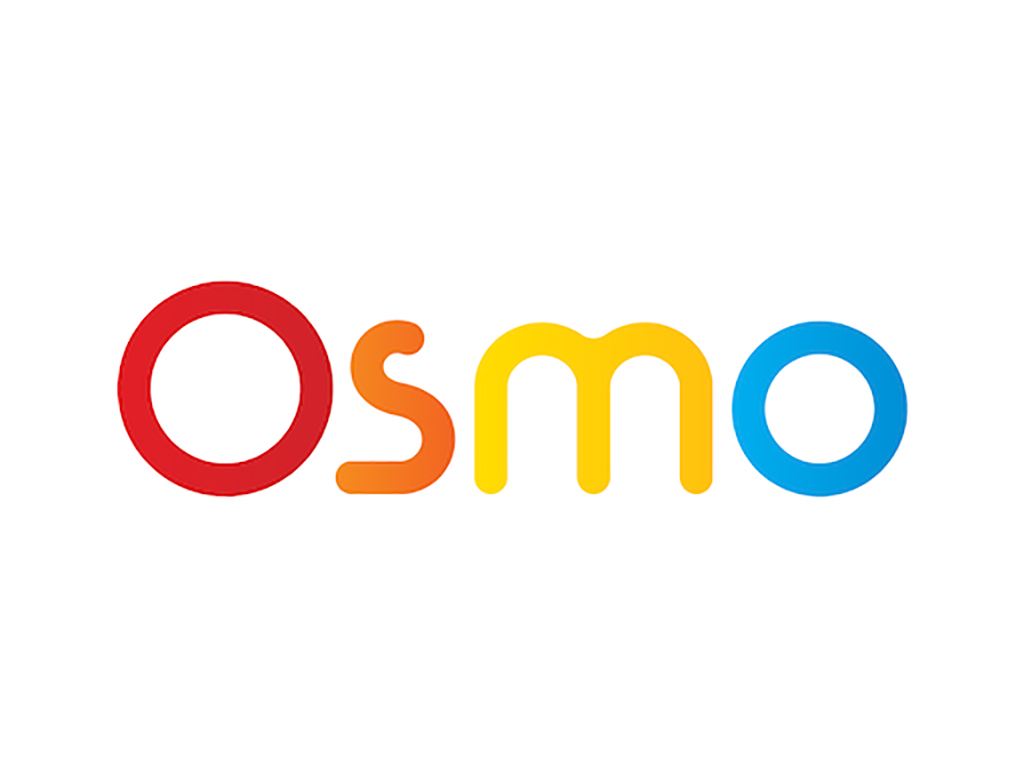STEAM Brand Osmo released the results of its study on children’s post-pandemic social skills. Commissioned by Osmo and conducted by One Poll, the study surveyed 2,000 U.S. parents of children on their efforts and concerns about keeping their kids active and social during the pandemic.
According to the survey, 7 in 10 parents perceive their child’s post-pandemic social skills to be at risk, even as things return to normal. The majority (71%) were also worried about potential learning loss that may have resulted by not being in school, and are pursuing a variety of means to keep up their child’s studies at home this summer.
Osmo’s study reveals that 77% of parents encouraged their child to be social and active from afar, while at home. For example, they allowed their child to play video games or online games with others (52%); call and text friends often (49%); make neighborhood friends (45%); engage in outdoor activities like walking and bike riding (46%); attend virtual get togethers (35%); and new friends online (23%).
Two in three parents reported that they are worried that their child has gotten more socially awkward around others, and 62% do not think their kid will be able to pick up where they left off upon returning to class this fall. Specifically, parents worry that their child will have trouble in the areas of: making conversation with friends (41%); meeting new people (40%); sharing (35%); staying quiet for long periods (34%); waiting their turn (31%); or remembering to say “please” and “thank you” (37%).
The survey also revealed that parents value socializing, with 85% believing it is a necessary skill to use in school. Forty-four percent of respondents place academic learning and socializing on the same level of importance, and four in five (81%) think schools should implement more activities that encourage and teach social skills.
The study also shows that four in five parents made sure their children succeeded academically through the school year. Over half of parents (52%) stuck by their child’s side when they struggled with an assignment, 47% encouraged their child to study more, 43% tried to make learning fun through games or educational activities, while 42% percent took the time to create extra homework to ensure their child understood the material they were learning during homeschooling.
However, three in four parents believe their child lost a year of proper education due to COVID, with 71% concerned that it will be difficult for their kids to catch up on learning they may have missed. With this in mind, four in five (81%) believe that certain technology or entertainment tools may be the solution to improving both their child’s social and educational skills. When asked what subject they think their kids are most likely to struggle with, parents said math (41%) followed by science (37%) and language arts (34%).
Additional parental concerns about children’s re-entry to class include: not remembering their school supplies and books (42%); focusing in class (41%); or using a full keyboard not attached to a tablet (36%) again; opening their locker (32%); and doing their homework every day (32%).
“We understand how difficult the pandemic was for both kids and their parents — many of us at Osmo experienced these challenges ourselves,” said Osmo CEO Pramod Sharma. “This past year has taught all of us that learning is about so much more than academics. As a brand, Osmo is committed to applying these insights toward multi-player experiences that promote the social-emotional learning parents look for and kids need.”

